Ready to buy your first CBD product but are not sure what to look out for? Buying CBD can be confusing because of the large variation in products that are available, the different methods used to formulate and produce them, and the different requirements of each state. Indeed, there is much to look for before buying CBD because if you aren’t careful, you could accidentally be in possession of an illegal product that is considered marijuana!
CBD Buyer's Guide Table of Contents
Quick Tips for Buying CBD
- Is CBD legal in your state and how does your state define THC?
- What is the potency per volume?
- Check the lab reports to verify the information and make sure testing is complete and meets state law
- Check the label to make sure it is accurate and meets state law
- Understand why there is product variation
- Understand the types of products on the market
- Read the company’s Shipping and Refund Policy prior to ordering
https://www.instagram.com/p/CCETulnhRLd/?utm_sour...
Buying CBD: How Much CBD Is In A Product?
CBD potency for a product can be found on the product’s laboratory reports. This value should match the amount on the label. Some products may be labeled with the milligrams (mg) of CBD per unit. In other instances, the product is labeled with the percentage of CBD in the product. State requirements differ on how they require companies to label their products, so there is no standard requirement at this time — which is why it’s important to review these details carefully whenever you buy CBD products
How Many Doses Are In A CBD Product?
Dosage is an entirely personal matter that seem to imply CBD is a medicinal product. However, no CBD product is approved for medical use except for Epidiolex. Likewise, CBD cannot be marketed as a dietary supplement and is prohibited from being added to food and drink. The term serving is really more appropriate than using the term dosage, but they are often used interchangeably.
It is important for CBD buyers to understand that there is no standardized or approved CBD dosage. Only a physician is qualified to legally advise on matters like what your CBD dosage should be. However, after determining things like that with a doctor, you may still need to do some math when it comes to CBD serving sizes.
A liquid product like a CBD Oil Tincture will state the mg of CBD per milliliter or fluid ounce. You will decide how much of this to take for yourself, and hopefully after consulting with a doctor.
To determine how many servings you will get out of a product, you need to divide the total volume of the product by the serving size you choose.
Example:
30ml 1000mg CBD Oil TIncture would contain thirty 1ml servings.
To find mg CBD per 1ml serving you would use the calculation: total mg divided by total servings in milliliters (ml).
Example:
1000mg / (30ml*1ml servings) = 33.3mg per 1ml serving
When it comes to products like hemp flower, slightly different math is needed.
Example:
Hempress CBD Hemp Flower has 11% CBD. This means that the milligrams of CBD in the flower per each gram (g) of flower is 11%, or 11g per 1g of hemp flower.
CBD Dosage and Bioavailability
Keep in mind that your body does not absorb 100% of the CBD potency of a product. Different types of CBD delivery methods (oral/edible, sublingual, topical, and smoking/inhalation) have different bioavailability. Bioavailability is the amount of a product that is made available to the body or the amount that makes it into the bloodstream.
Example: The bioavailability of orally ingested CBD is thought to be around 10%. So if you take a 10mg CBD gummy, your body only gets 1mg of CBD which is a negligible amount in the context of most CBD studies, especially considering orally ingested cannabinoids can take hours to have an effect.
The bioavailability of smoking CBD flower or CBD vapes is thought to be around 30%. And the bioavailability and “activation” time for sublingual CBD oil tinctures is thought to be somewhere in between orally ingesting (eating/drinking/swallowing capsules) and smoking (inhalation).
CBD Effects and Potency
CBD effects are not entirely reliant on CBD potency! The downfall of looking only at potency and bioavailability is that it does not consider the effect of terpenes. Terpenes are a generally recognized as safe (GRAS) ingredients, and when companies talk about the effects and sensory qualities of a strain, they are referring largely to the terpenes!
It is not legal for companies to attribute any medical or therapeutic benefit to CBD. CBD benefits at this time are observational and anecdotal. While studies show us that there is hope and possibility for CBD to have great health benefits, this is not a fact, and claims are very conditional and limited.
 Plain Jane Hemp Flower Samplers are organized by their terpenes. Terpenes can have relaxing, energizing, or neutral properties.
Plain Jane Hemp Flower Samplers are organized by their terpenes. Terpenes can have relaxing, energizing, or neutral properties.
Buying CBD: How Much THC Does CBD Have?
States define THC in two different ways. The first is delta-9-THC specifically. The second way is total THC. Total THC is equal to the decarboxylated (“activated”) THCA in addition to delta-9-THC. If a product has total THC under 0.3% it will comply with all US states that currently do not prohibit CBD products. If the product had less than 0.3% delta-9-THC but more than 0.3% total THC, it may be prohibited and considered marijuana, even in states that do not prohibit CBD products!
If total THC is greater than 0.3%, your hemp product could legally be considered marijuana in a total THC state. Hemp and CBD are not legally distinguished from marijuana in most states where they are prohibited. This means you could be responsible for potential legal consequences, so it is very important to know how your state defines THC.
Buying CBD: Check the Ingredients
Not all companies use the same formulas and ingredients for their products. While Plain Jane hemp cigarettes contain only hemp, cigarette paper, and a cigarette filter, other companies may add tobacco. In addition to making sure you are buying tobacco-free hemp cigarettes, you will also want to watch out for tinning agents in vape cartridges (only MTC, VG, and PG are ok) and flavorings added to tinctures.
Never assume a product contains just CBD! Always be sure to check the other ingredients and make sure they do not contain any irritants, allergens, food coloring, or synthetic flavorings (terpenes not from cannabis are still often used but are generally recognized as a safe ingredient). Also, be aware that when it comes to CBD edibles, there is no way of knowing if they were made in a commercial kitchen or a garage unless you do some deep research!
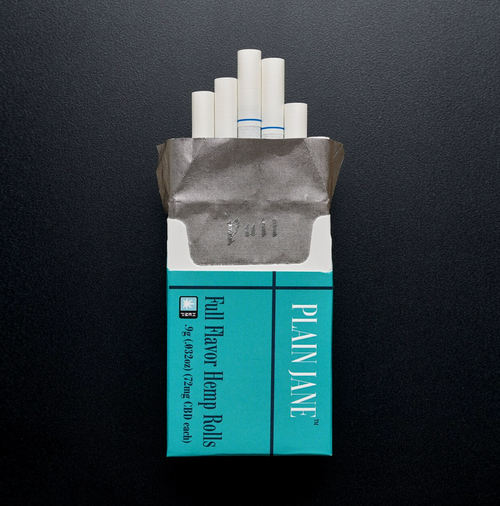
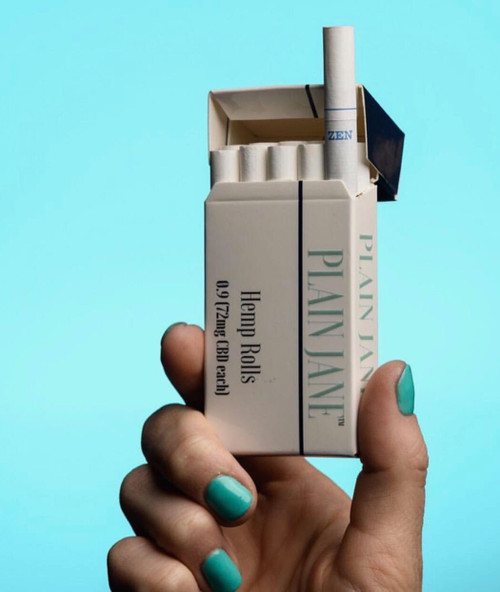
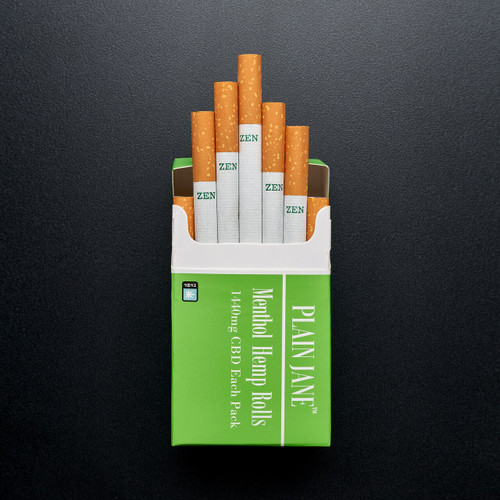
Plain Jane hemp cigarettes are available in Full Flavor (blue), Low Odor (white), and Menthol (green). The low odor hemp cigarettes use only water to remove odor-causing molecules, and the menthol hemp cigarettes have the menthol flavoring in the filter. No tobacco or other substance is added; these are 100% hemp cigarettes.
Reading a CBD Lab Report When Buying CBD
Before buying CBD, you will want to check the product's lab report. When you go to check a CBD lab report, you may have a hard time reading it if you are unfamiliar with the terms.
Lab reports will also look a bit different from each lab, so they can be confusing despite providing valuable information. You will also want to check your state law to verify what type of testing is required and what kind of lab the testing is required to be conducted through.
CBD Lab Report Types
- Potency Test Data
- Terpene Test Data (optional)
- Heavy Metal Testing
- Pesticide Residue Testing
- Microbial Testing
- Residual Solvent Testing (extracts)
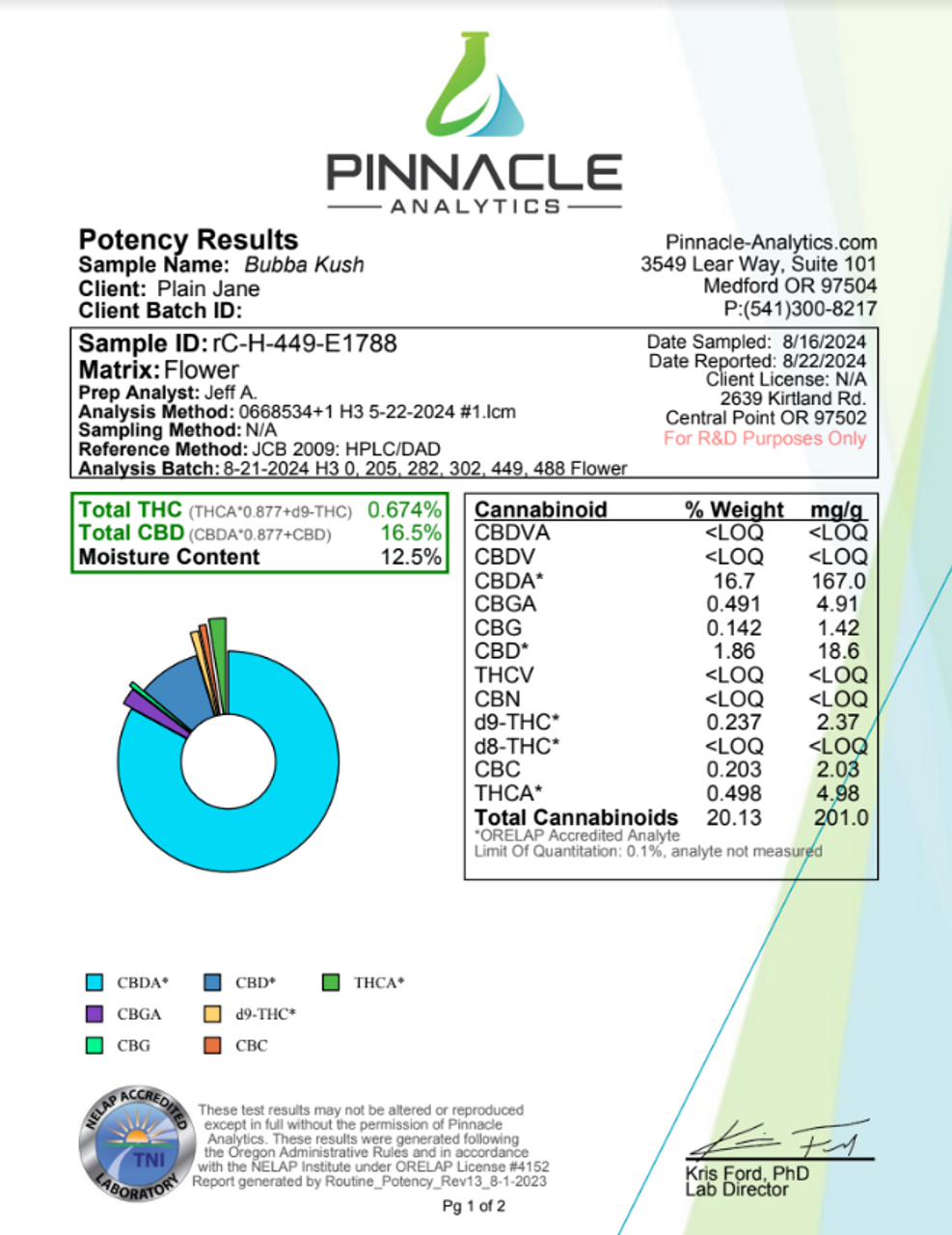 This Bubba Kush Hemp Flower lab report is from a state-licensed and ISO 17025-accredited laboratory. It reports cannabinoid data. '<LOQ' means that the amount was not detectable.
This Bubba Kush Hemp Flower lab report is from a state-licensed and ISO 17025-accredited laboratory. It reports cannabinoid data. '<LOQ' means that the amount was not detectable.
Some states mandate things like having test results must come from a DEA-approved laboratory, or only accept lab results from state-registered laboratories. The main concern when it comes to testing is with retailers buying wholesale CBD products to sell. Those businesses could face major penalties if their products do not meet state requirements. They may need to pay for additional testing in order to legally be able to sell CBD products.
Types of CBD Testing Labs
- State Registered/Licensed
- DEA Registered
- Both State and DEA Registered/Licensed
- Unaccredited
State CBD Laws and CBD Labeling Requirements
Before purchasing CBD, you should make sure that it is legal to do so in your state. The 2018 Farm Bill federally legalized hemp cultivation in states with USDA-approved hemp farming plans. It is a common misconception that CBD is included in this bill, but it is not. The regulation of CBD products falls under the US Food and Drug Administration (FDA) and each US state.
State requirements for CBD may be very stringent or non-existent. Not all states regulate CBD, but there are states that prohibit it. There are also states that require all products to be registered with the state, meaning that only CBD products bought in-state and having registration may be purchased.
States Where CBD and Hemp Are Illegal and Completely Prohibited
These states prohibit CBD and hemp and may legally enforce these products as if they were marijuana:
Idaho, Iowa, Mississippi, North Dakota, South Dakota
State Hemp Laws That Prohibit Smokable Hemp Flower and Smokable CBD
In the following states, it is not legal to buy, sell, or possess any type of CBD or hemp product that can be smoked or vaped:
Alabama, Indiana, Kansas (CBD isolate topicals only), Kentucky, Louisiana, North Carolina, South Carolina, Texas
States' Hemp Laws That Require Products/Retailers to Be State-Registered/Licensed
In the following states, you cannot buy products online or outside of the state (unless they register). These states all have specific requirements for products or retailers to be registered/licensed with the state:
Alaska, New Hampshire, Rhode Island, Utah
States With Other State-Specific Requirements
These states have other specific requirements that could influence the legal status of CBD and hemp products from outside of the state. These requirements may be specific labeling or production requirements, such as following GMP regulations.
Maine, Massachusetts, New York, Virginia, West Virginia
State Hemp Laws Requiring Total THC Under 0.3%
In these states, 'THC' is considered as delta-9-THC plus THCA (87.7% of THCA is the decarboxylated value in most states). This means that most hemp flowers will not meet THC restrictions.
Arkansas, California, Colorado, Connecticut, Delaware, Florida, Georgia, Hawaii, Minnesota, Missouri, Montana, Nebraska, Nevada, New Jersey, New Mexico, Ohio, Oregon, Washington, Wisconsin,
State Hemp Laws Allowing Delta-9-THC Under 0.3%
In these states, 'THC' is considered only as delta-9-THC, which means most hemp flower products seem to be legal.
Arizona, Illinois, Maryland, Michigan, Oklahoma, Pennsylvania, Tennessee, Vermont, Wyoming
Understanding CBD Product Types
All CBD starts as a crude extract. Crude CBD oil is most often extracted from hemp flower using ethanol because it is very cost-effective and it is a safe food-grade solvent. Other extraction methods, like butane or CO2, result in the same end product but may be beneficial to manufacturers depending on their product formulas and manufacturing processes.
Crude CBD oil is a full-spectrum oil that is refined to remove excess waxes and chlorophyll. This results in a full-spectrum CBD distillate that can be used on its own or used to make other products. Processing methods can be applied to turn this full-spectrum CBD oil into another consistency, like shatter, sugar, or wax. This extract can also undergo further processing to isolate the CBD and create a THC-free CBD distillate or CBD Isolate Powder.
CBD Extract and Concentrate Jargon
- Full-Spectrum: CBD extract that contains all the natural cannabinoids and terpenes
- Broad-Spectrum: CBD isolate with terpenes added back for flavor
- Isolate: CBD with no other plant compounds and undetectable THC
- Distillate: Varies in thickness and may contain crystals. This is the most basic CBD extract
- Shatter: Concentrated CBD extract that is waxy to breakable and has a glassy appearance
- Sugar: Concentrated CBD crystals with a syrup-like terpene sauce
- Wax: Hard and waxy CBD concentrate
- Budder: Soft and doughy CBD concentrate
Buying Hemp Flower: Understanding Product Variability
Hemp flower is a natural agricultural product. Each harvest from each farm is unique. If you are a person who needs consistency, hemp flower may not be the best option for you because it varies from batch to batch and bud to bud. Everything from color, smells, and potency can be influenced by how the plant is grown. These features are not the type of thing that is guaranteed.
It helps to think of hemp flower as an artisanal product when understanding why you will see variation. Even apples from the same tree can be slightly different, and the same goes for hemp flower.
Another thing to be aware of with hemp flower is that it is a seasonal crop. Except for the indoor-grown hemp flower, crops are harvested annually in the fall in most climates. That means that every summer, hemp flower supplies will become scarce, and hemp supplies will not be as fresh. This same seasonal variation also heavily impacts the marijuana industry.
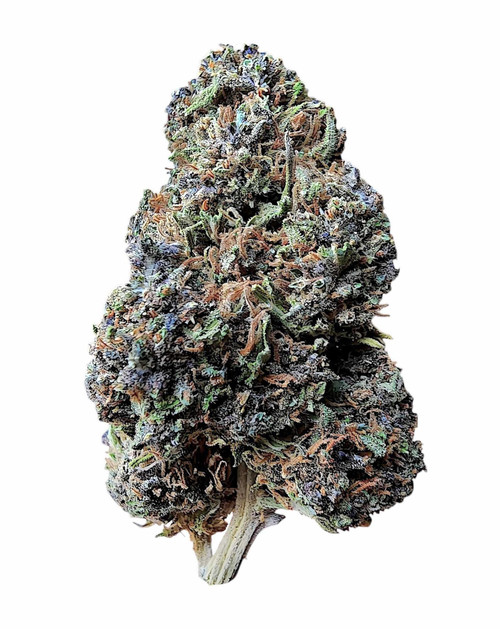
This hemp flower is not moldy; it just has normal color variation!
Read Shipping and Refund Policies Carefully
Every company has its own shipping and refund policies. It is important to read these because you agree to them when you purchase from a company. For example, Plain Jane requires that you allow 1-3 business days for processing and fulfillment in addition to shipping times. Only unopened items can be returned (within 7 days of purchase), and shipping costs are non-refundable.
Plain Jane also offers the in-house Insurance service, which adds insurance to orders. Customers using Route need to use their app or website if they need to file shipping insurance claims. Customers should file their own claims, and the app will only allow claims that qualify. If your order does not qualify for a claim, you cannot be reimbursed! To avoid these issues, be sure that your shipping address is correct and complete, avoid using autofill, and review saved addresses before using them.
What is a valid shipping address?
- Company: only use this address line if the shipping address is a business; otherwise, enter nothing and leave it blank
- Name: your full legal name goes on this line; it cannot be left blank
- Address 1: This line is for the building/house number and street name
- Address 2: This line is only for apartment units or suites. Leave this line blank if you do not have a unit number. DO NOT put the street name in this line
- City/State/Zip: this line is for your city, state, and zip code. Do not put the state in the line with the city, and be sure your zip code is only 5 digits
Example:
Plain Jane [optional company name]
Sabine Downer [required full name]
123 Hemp St. [required house number and street]
#100 [optional unit number]
Anytown, OR 97700 [required city, state, zip code]
CBD Complaints FAQ
CBD customer service is very difficult. Many complaints amount to a 'he said-she said' type of complaint that cannot be verified without returning the product. In many cases, customer experiences are unfortunate and undesirable, but do not substantiate a reason to provide a refund.
If you are making a complaint, be sure to provide details and photos to help substantiate your complaint. Understand that you are never entitled to a full refund, but that companies do want to make things right and may be willing to offer some sort of resolution. However, these are consumable products, and you cannot return or be refunded (unless unopened) for something just because you did not like it or have the experience that you desired!
Complaint: 'My product does not work and I could not feel its effects.'
Answer: CBD does not have any guaranteed effects. It is not approved for any medical use. It is normal not to feel anything from CBD even if it is 'working' for you. The low levels of THC mean that there is no tangible psychoactive effect.
Complaint: 'My hemp flower is almost a year old!'
Answer: Hemp is harvested seasonally, and it is normal for outdoor crops to be sold through the following year. There is no established shelf life for CBD products
Complaint: 'My hemp flower is moldy!'
Answer: In many cases, color variation is mistaken for mold. If you claim to have a moldy product, Plain Jane will allow you to return it to them for evaluation. You will be refunded once the return is received.
Complaint: 'You shorted me!'
Answer: Plain Jane uses scales to weigh hemp flower when packaging. Your home scale may not be calibrated and may not be appropriate for weighing hemp flower. Please understand that companies cannot simply trust that you, the customer, have a properly calibrated scale that you are trained to use. You will likely be asked to return your product in order to receive a refund.
Final Thoughts on Buying CBD
While checking all of the above is important, make sure to also check customer reviews. If a CBD product or oil has received good reviews from previous customers, then chances are that the seller and their product can be trusted. If the reviews are bad, then you’ll want to avoid buying that product or from that manufacturer.
When considering buying CBD nearby, customer feedback can be especially insightful, helping you to choose quality products and reputable sellers in your local area.
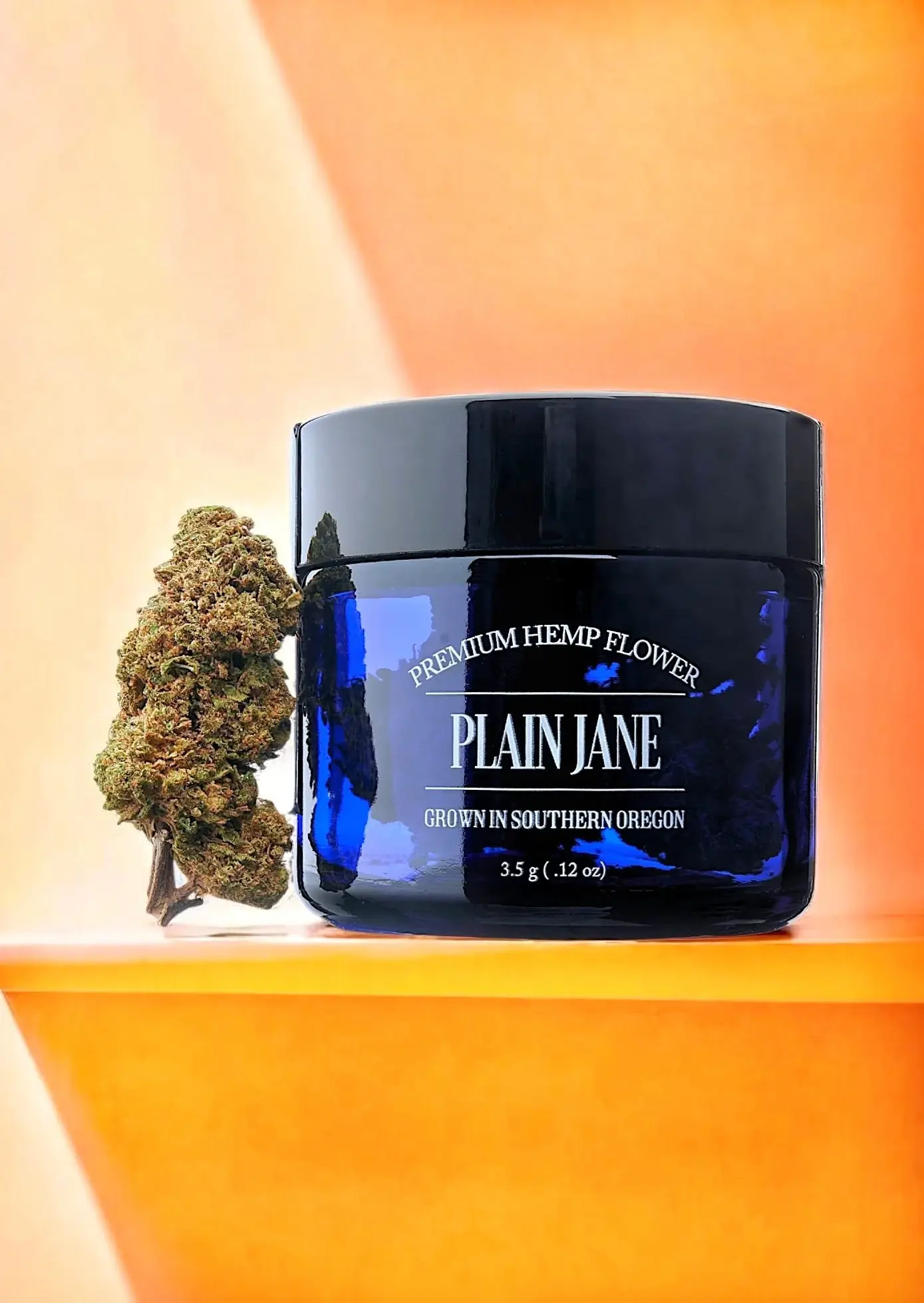
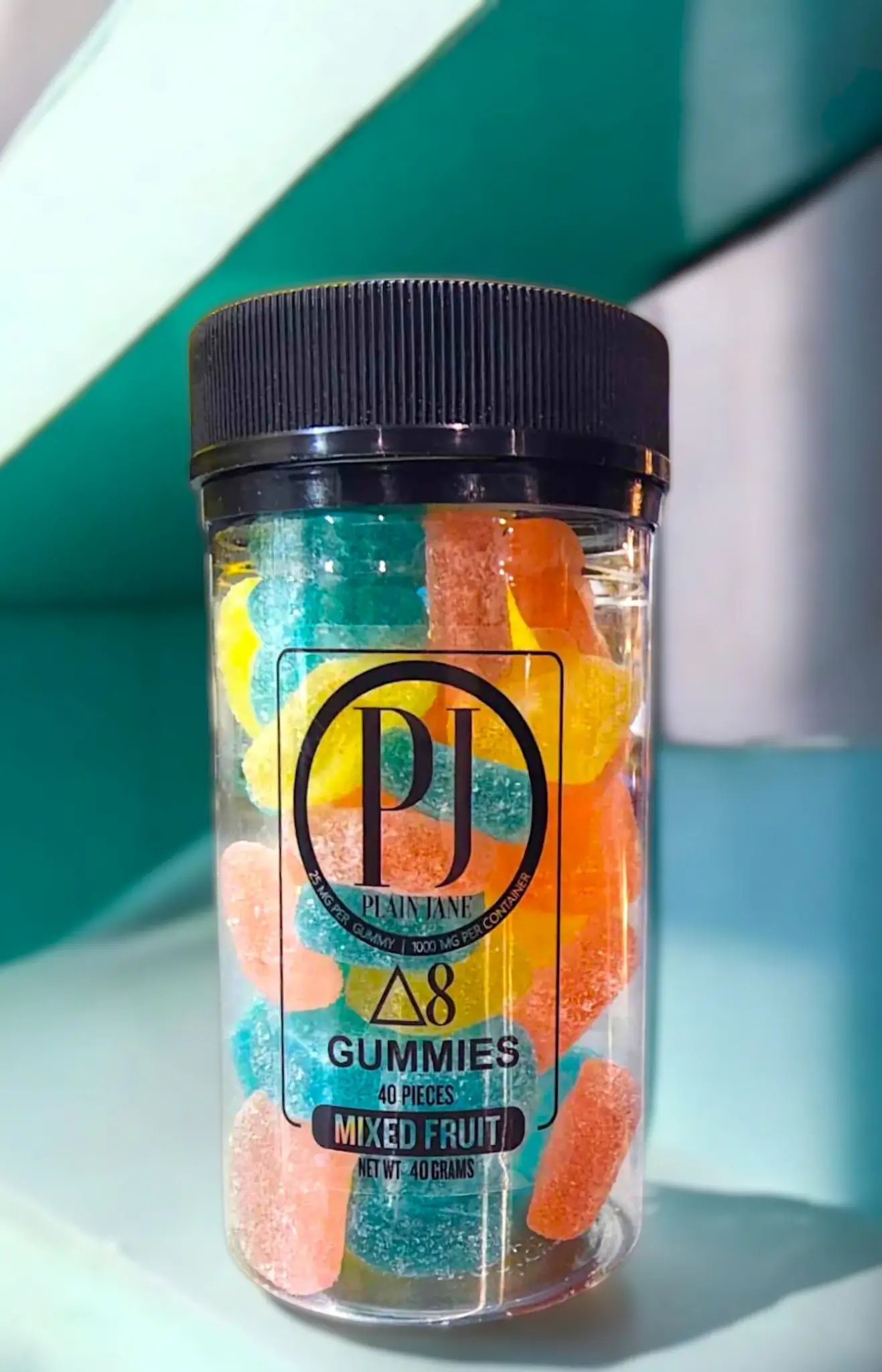
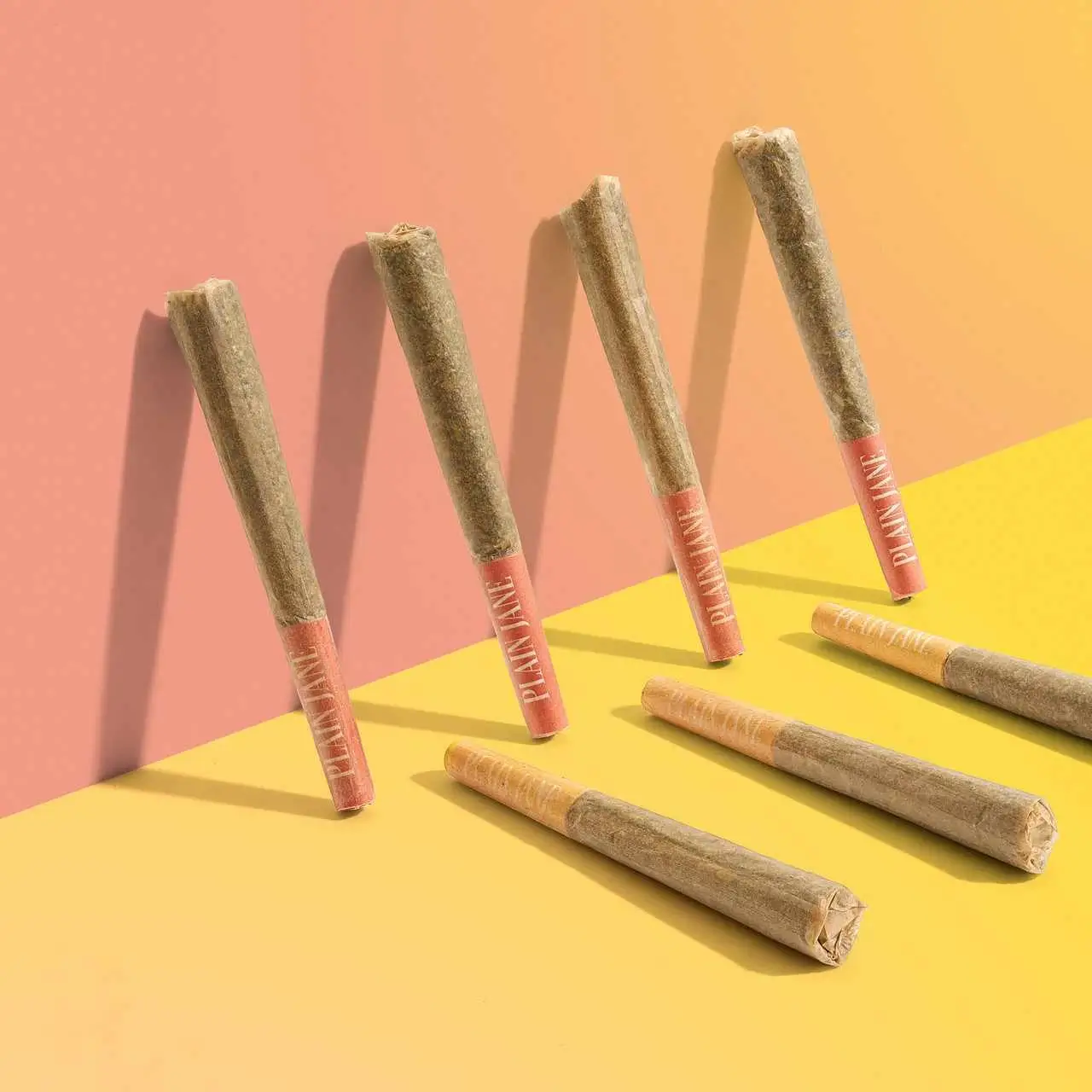
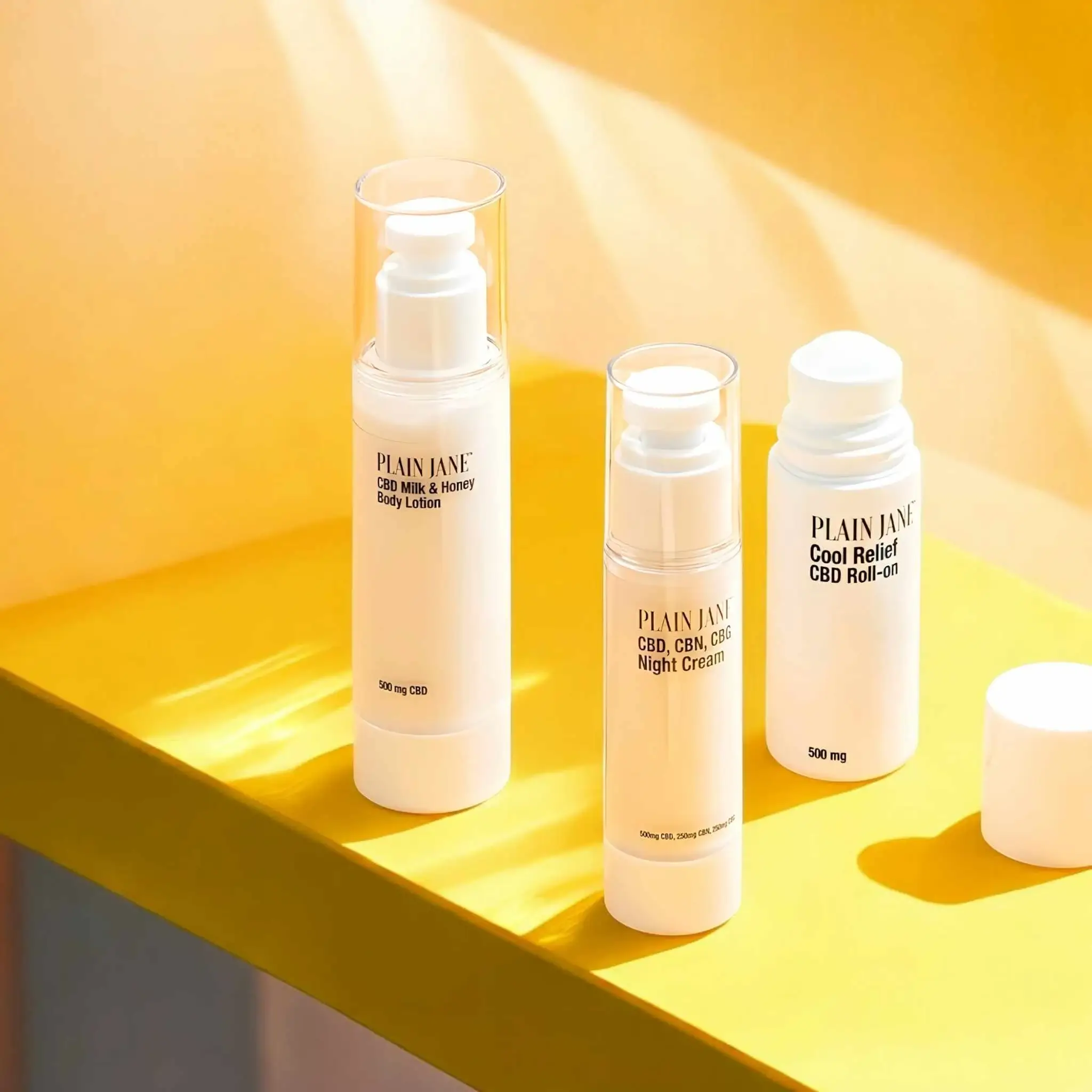
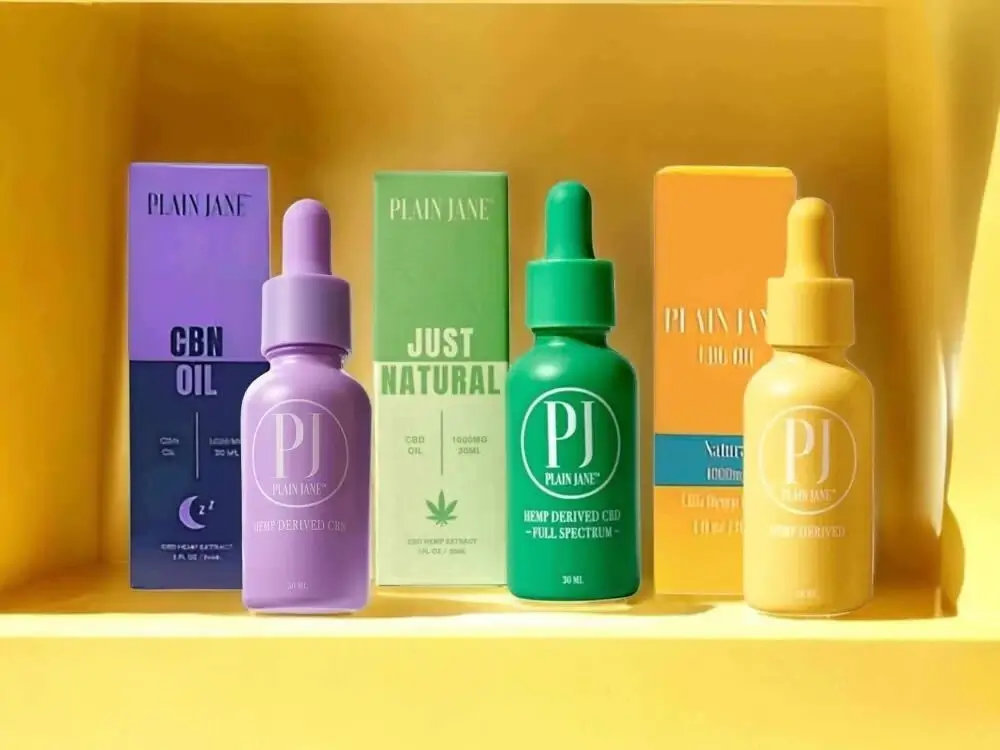
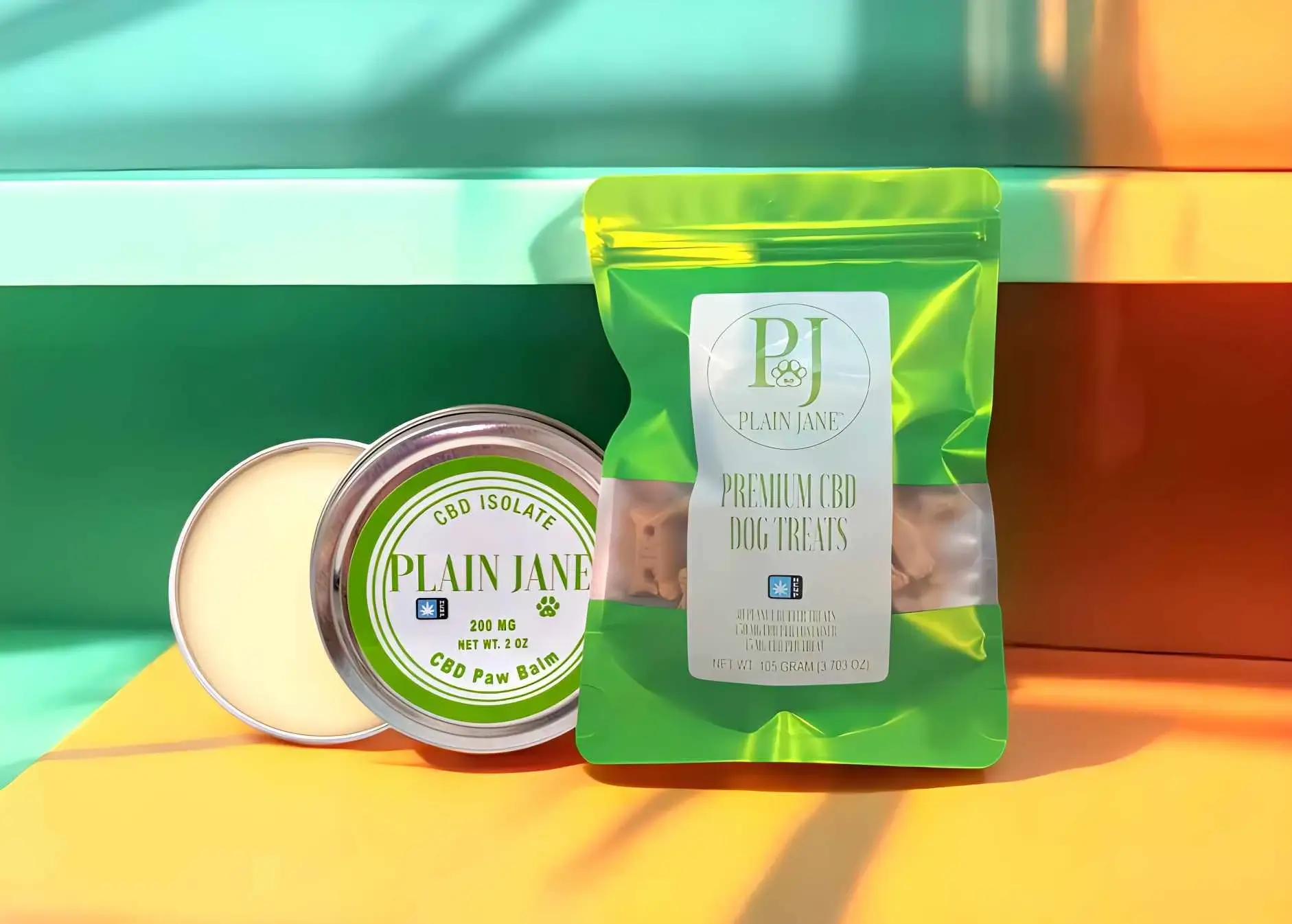
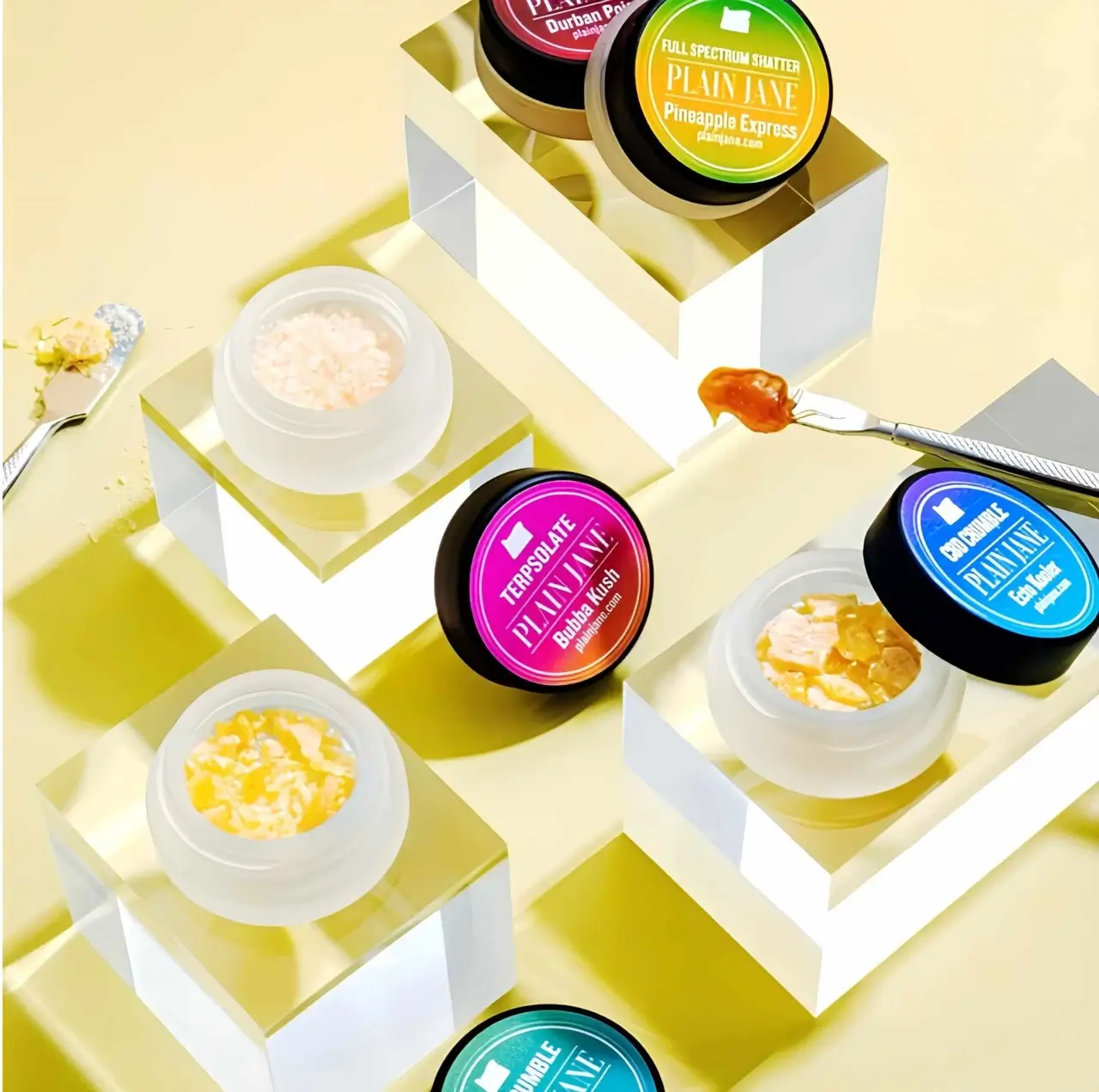
0 comments